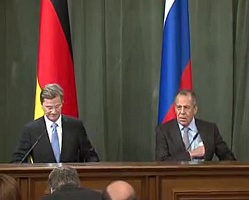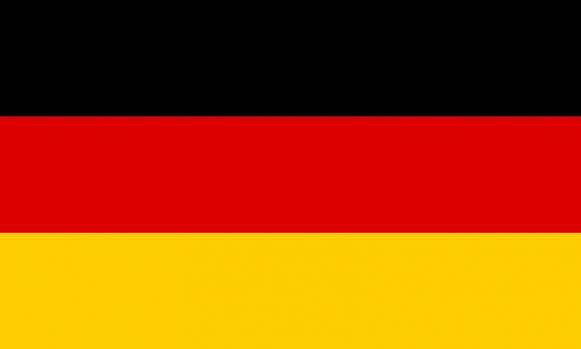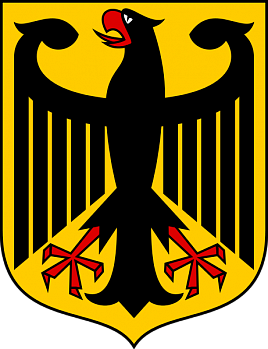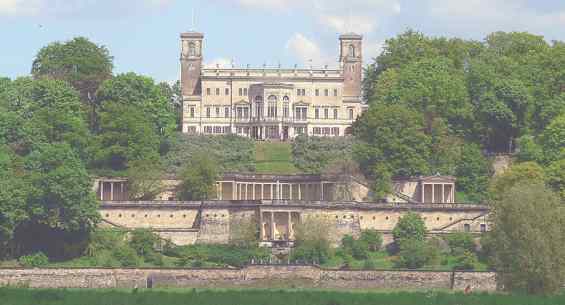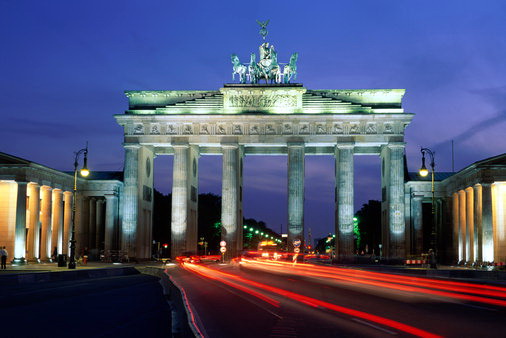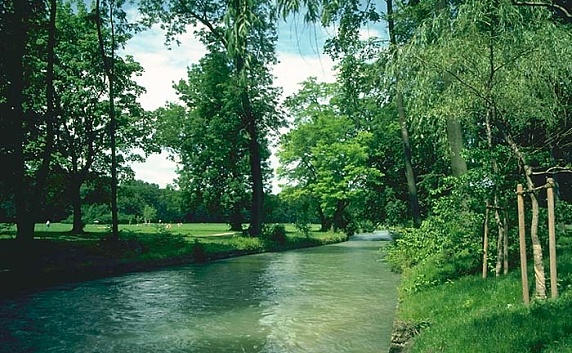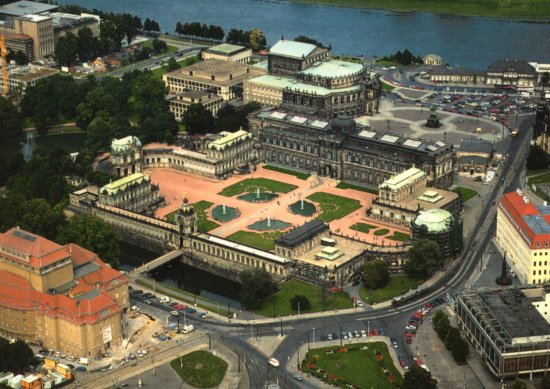 Федеративная Республика Германия
Федеративная Республика Германия
Transcript of Remarks and Response to Media Questions by Russian Minister of Foreign Affairs Sergey Lavrov at Joint Press Conference Following Talks with German Vice Chancellor and Foreign Minister Guido Westerwelle, Moscow, November 20, 2009
Esteemed colleagues,
German Foreign Minister Guido Westerwelle and I have had very useful talks. This is our first full-scale official contact. We remember how the Free Democratic Party, led today by Mr. Westerwelle, stood at the origin of German Ostpolitik and ushered in the rise of the bases for truly good-neighborly relations between our two countries after Germany's unification. We appreciate the contribution Mr. Westerwelle's predecessors at this post– above all Walter Scheel, Hans-Dietrich Genscher, and Klaus Kinkel – made to the creation of the groundwork for a strategic partnership between Russia and Germany. The principles of mutual trust and mutual respect, initiated with their participation, still constitute the solid foundation of our partner relations and our strategic partnership.
Our dialogue bears an intensive character, encompasses an impressive list of themes of bilateral relations, key international issues, and of particular importance at this stage remains the task of building up cooperation in all areas, especially the economy, as our countries are feeling the impact of the global crisis. This includes the need to adapt trade, economic and investment cooperation. Today we reaffirmed the willingness and determination of the governments of the two countries to move forward towards this end. We have a slogan like the "modernization partnership" in Russian-German relations. We welcome the continuity in approach of the new government of Germany to this strategic goal and hope that this slogan will continue to be consistently translated into specific projects. We continue to work on the project Nord Stream and today noted the successful course of events surrounding this major project of European significance.
We talked today about the tasks in developing the partnership between Russia and the European Union. Just the day before yesterday, these tasks were also discussed at the Russia-EU summit that took place in Stockholm. It ended successfully, outlining further targets for early conclusion of a new Strategic Partnership Framework Agreement, which we regard as a vehicle for deepening our partner relations, above all in areas such as energy security, humanitarian cooperation, including a swift move towards a visa-free regime, as well as the creation of a mechanism of joint response to crises that may arise.
We drew attention to the Russian President's initiative for concluding a new European Security Treaty, and discussed our political and military security cooperation on the continent, inter alia within the Russia-NATO Council, in this context. We are keen to see that based on legal obligations, an equal level of security is provided for all countries in the Euro-Atlantic area, and that mechanisms are set up to realize this principle.
We paid considerable attention to disarmament problems and arms control mechanisms, including the prospects for unblocking the situation surrounding the Treaty on Conventional Armed Forces in Europe. We welcome that the coalition agreement, based on which Germany's new government operates, contains the readiness to ratify the adapted CFE Treaty. We are open to discussion of related issues. Russia made its appropriate proposals back in May and is keen to look for solutions in multilateral formats with the participation of all states that are part of the CFE regime.
In general, I believe that our relations have a significant degree of understanding of each other's positions. On many issues our positions coincide. This applies, in particular, to the task of stabilizing the situation in Afghanistan. And we with Mr. Westerwelle just yesterday together attended the inauguration ceremony of President Hamid Karzai for a second presidential term. The closeness of our positions is also manifested with regard to the Iranian nuclear program and Middle East settlement and on many other pressing issues of the international agenda.
I am confident that with my new colleague we will be able to fittingly promote the foreign policy aspects of the Russian-German strategic partnership. I have received an invitation to pay an official visit to Germany and I accept it with pleasure. Meanwhile, we will continue to work on those tasks that have been set within the framework of the summit meetings.
I thank Guido Westerwelle for the cooperation and now give him the floor.
Question: I have one question to the German minister. You talked about human rights and civil society? You talked about the trial of Khodorkovsky during your conversation with Minister Lavrov?
Sergey Lavrov: We did not really talk about this, though we never evade such conversations. A question which journalists and our partners ask us always finds the answer, and in this case, as in any other case concerning national legislation, we can be guided only by this national legislation. Judicial decisions that are made in Russia have their own self-sufficient value, as do those made in Germany. One such judicial decision made recently in Germany, we discussed today. I thank my colleague for the honest answers to my questions, but an independent judiciary should be respected not only in Germany but in Russia as well.
Question: A question for both ministers: The election of a new leadership of the European Union took place the day before, in particular of an EU President and Foreign Minister. How do you assess these appointments, what do you think the choice of precisely these candidacies for these positions is due to and in what light do you envision the prospects for the Russia-EU dialogue now? Thank you.
Sergey Lavrov: I can only reiterate what we have repeatedly said before: Russia is keen to see that the European Union becomes stronger and more efficient; this is certainly important for the EU members themselves, and it is important for the EU partners on the world stage. We are keen to see that the European Union can act on international issues more quickly, speak with one voice, and we welcomed the signing and entry into force of the Treaty of Lisbon, which is now being realized in practice. We want to work with the EU's new leadership duo. I am convinced that Herman Van Rompuy will continue the policy of developing the strategic partnership with the Russian Federation. As for Baroness Ashton, the direct partner of the foreign ministers of all states outside the EU, during the year of her work as EU Commissioner for Trade we came to know her as a high professional and as someone who is committed to the development of Europe. In contacts with her Russian colleagues, she showed an ability to listen to and heed our point of view. I hope that it will be so in her new post too.
Question: These are just two leading personalities to complement the EU's leadership, because there are of course other leading personalities, such as the President of the European Parliament or the President of the European Commission. One question to the Russian Foreign Minister: Yesterday you saw our new Foreign Minister in Kabul. There is a long Soviet and Russian experience of interaction with Afghanistan. What kind of cooperation on the Afghanistan situation have you been able to bring to fruition between Russia and Western partners? And what are the mistakes Western partners had better not repeat in Afghanistan?
Sergey Lavrov: You know I'm not going to talk about mistakes. People should primarily learn from mistakes themselves. Now this is not about glossing over the problems, and in this sense, the inaugural speech of President Hamid Karzai received widespread endorsement from us and western partners. Mr. Westerwelle and I agreed today that all of us, the entire international community must support the tasks that were set by the President of Afghanistan. We also discussed the well-known initiatives focusing on the need to convene an international conference to this end. Of course, it should be well-prepared and constitute a milestone in building support for Afghanistan's efforts, the efforts of the Afghan people, aimed at assuming full responsibility for the state of affairs in their country into their own hands. We believe that in order to take into account each other's experience, it is important for us to ensure the maximum transparency of all current formats engaged in Afghanistan. I have already said many times that Russia has long ago invited its NATO partners to establish wider cooperation. Well, for example, NATO has a debate format which incorporates the NATO members, Afghanistan, and the countries of Central Asia. Russia would be interested in joining in. This would benefit NATO itself as one of the practical steps for us to more effectively develop a joint strategy. Another proposed idea is to establish cooperation between NATO, which provides the backbone of international forces inside Afghanistan, and the Collective Security Treaty Organization, which regularly conducts, in particular, anti-drug operations along the outer perimeter of the borders of Afghanistan, and we likewise wait for a constructive reaction from our NATO partners. In particular, we bear in mind to discuss this at the Russia-NATO Council's ministerial meeting in early December. But so far as practical forms of cooperation are concerned, Russia, as you know, offers its territory for military transit to a number of NATO countries. The first such country was Germany, with which the appropriate agreement is concluded. Similar agreements exist with France and Italy. Spain has recently joined this group of countries, and an unprecedented agreement on military transit by air through the airspace of Russia has been concluded with the United States.
We contribute to the strengthening of the law enforcement forces of Afghanistan, to the reconstruction of a number of important infrastructure and other facilities in that country and train civilian as well as military personnel for the Afghan state, but as for today's event, when the Russian and German foreign ministers are meeting, a very important joint initiative was realized in August this year when our two countries co-financed and supplied Afghan police with two medical evacuation helicopters. It was very well received in Kabul, where they held a special ceremony attended by the representatives of Germany and Russia. I think that we will be able to discuss further steps toward this end.
November 20, 2009
